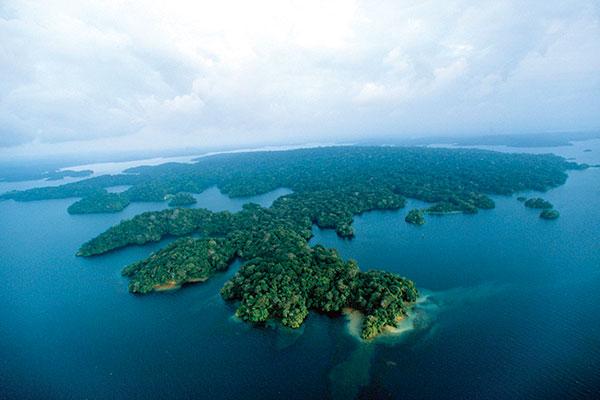
Smithsonian Tropical Research Institute
Innovative education and science partnership aimed at sustaining biodiversity on Earth
Sustaining biodiversity on Earth
Sustaining biodiversity on Earth
In 2009, the Smithsonian Institution in Washington, D.C. joined Arizona State University in an innovative education and science partnership aimed at sustaining biodiversity on Earth. This affiliation was created to acquire and share technology, education and outreach, and interdisciplinary research innovations in: social systems; ecosystem services; sustainability; biodiversity and genetics; and alternative energy.
The School of Life Sciences leads this endeavor with the Smithsonian Tropical Research Institute (STRI) in Panama. The partnership creates opportunities for Smithsonian scientists to participate in ASU degree programs and for ASU undergraduates, graduate students and faculty to participate in fieldwork at the Panama facility.
The Smithsonian Tropical Research institute offers facilities that allow staff scientists, fellows, and visiting scientists to pursue a range of tropical studies. These include everything from field studies in sustainability and eco-services to investigations of molecular and marine sciences and sociobiology.
The ASU-SI program focuses on sustainability — measured by studies of ecosystem services, including insect behavior and social structure in changing environments, biofuels and new world-wide web-based approaches to taxonomy. Educational experiences created by new ASU-Smithsonian virtual learning sessions are expected to extend beyond Arizona State to users, such as K-12 classrooms, worldwide.
Topics
- Global classrooms (PDF)
- Watersheds, biodiversity and ecosystems services
- Social insect research and development of social systems
- Anoles lizard genetics spurs insight into spinal regeneration and development

